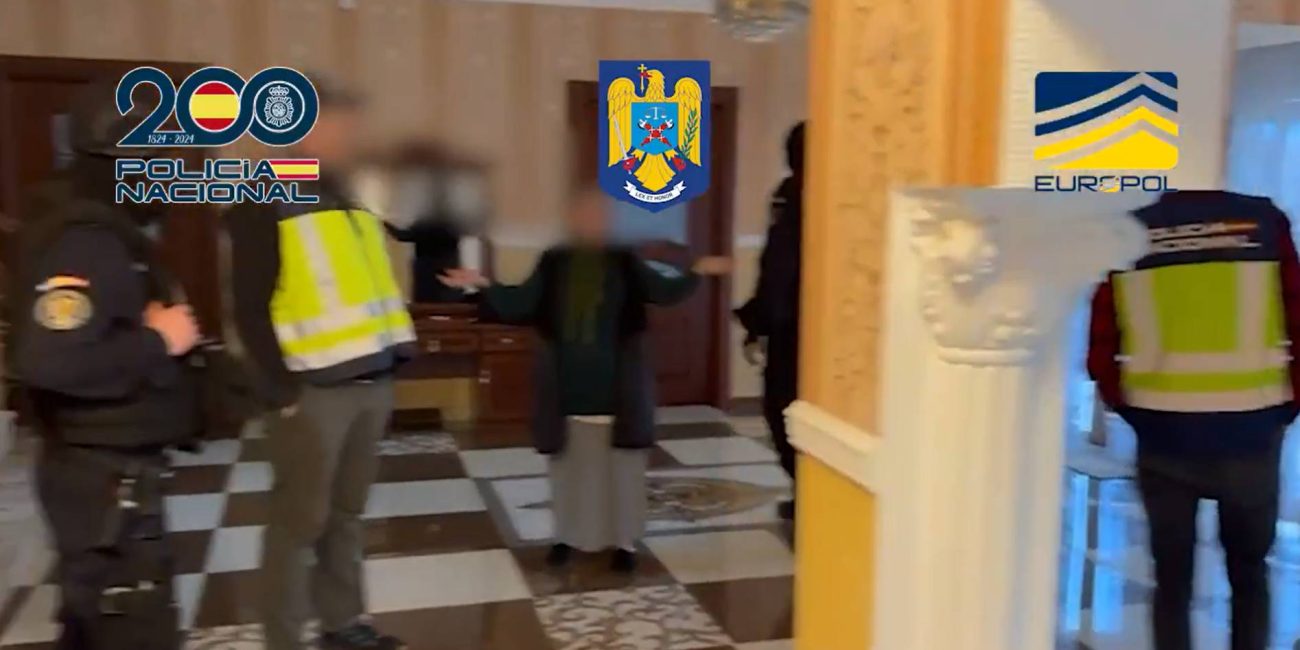The National Police have apprehended over twenty individuals in various regions of the country, including Alicante, on suspicion of engaging in violent assaults using the “hugger mugger” technique. Using this method, the alleged perpetrators acquired loot and subsequently sent it to Romania.
The police operation, which was coordinated by Europol and conducted in collaboration with the Romanian Police, resulted in 21 arrests, 13 of which were made in Murcia and 8 in Madrid. Additionally, Europol conducted 16 searches in both countries, obtaining evidence in connection with 46 alleged property offences.
Therefore, the case continues to be unresolved until the apprehension of four additional suspects who are currently located outside of Spain and have already been issued international arrest warrants.
The network was specialised in violent robberies and larceny in the vicinity of, as well as in tourist areas of Madrid, particularly in the area of, according to a statement from the General Directorate of Police that reports on the operation.
The criminal modality of the involves robberies that are conducted through a, in which the robbers embrace the victims before stealing without warning.
Clan leaders would disseminate criminal equipment and vehicles throughout the country and control the environment from their typically isolated safe houses. The network would designate these houses as temporary centres of operation.
Simultaneously, one of the clans was accountable for the collection of the stolen products and their shipment to Romania via parcel, where they were discovered, along with five financial assets.
They functioned as a duo. In the vehicle that approached the victims, a male was the driver, while the woman committed the crime.
The network frequently targeted elderly and vulnerable individuals in violent assaults that occurred near banks. Yet again, one member would remain in the vehicle, while the other would approach the victim with his face concealed by a mask, hat, and eyeglasses. The latter would employ any ruse to deceive and rob the victim.
The investigation commenced in Benidorm (Alicante), following a burglary in which a woman violently stole the jewellery the victim was wearing on her wrist.
Agents have since identified similar incidents across the nation, purportedly perpetrated by the same organisation. This organisation is composed of numerous family clans of Romanian descent, the majority of which are dedicated to the repetitive theft of high-end watches and jewellery.
The organisation’s ownership of numerous properties and high-end vehicles in their home nation was the result of money laundering from stolen assets throughout Europe, according to police.
The police were able to thwart a criminal campaign launched in Murcia by locating the residences of those under investigation in both countries.









No Comment! Be the first one.